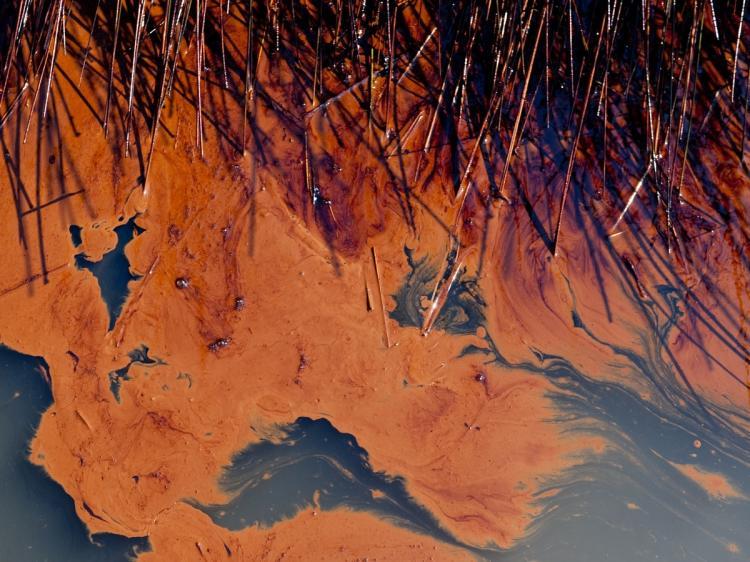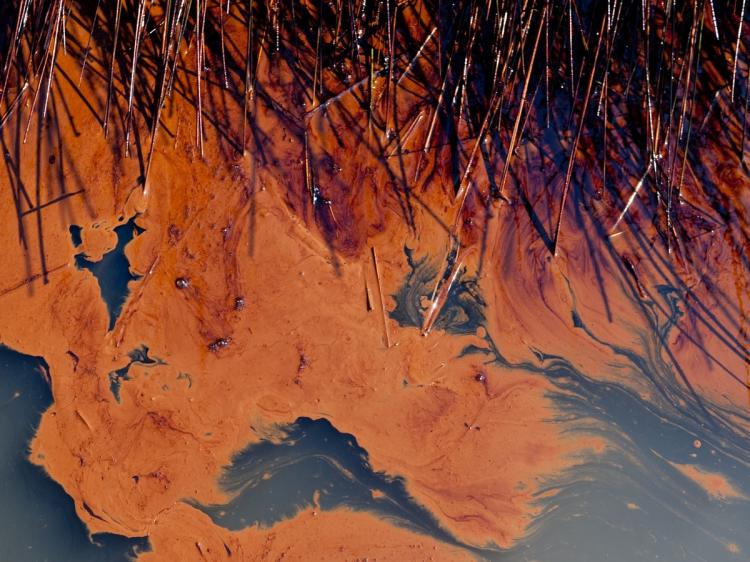Jones Act Not A Concern For BP Oil Spill Cleanup
Recent attention has been focused on the Jones Act as it relates to international involvement in BP oil spill clean up.

Thick oil from the BP Deepwater Horizon oil spill floats on the surface of the water and coats the marsh wetlands in Bay Jimmy near Port Sulphur, Louisiana, June 11, 2010. Saul Loeb/AFP/Getty Images
|Updated:





